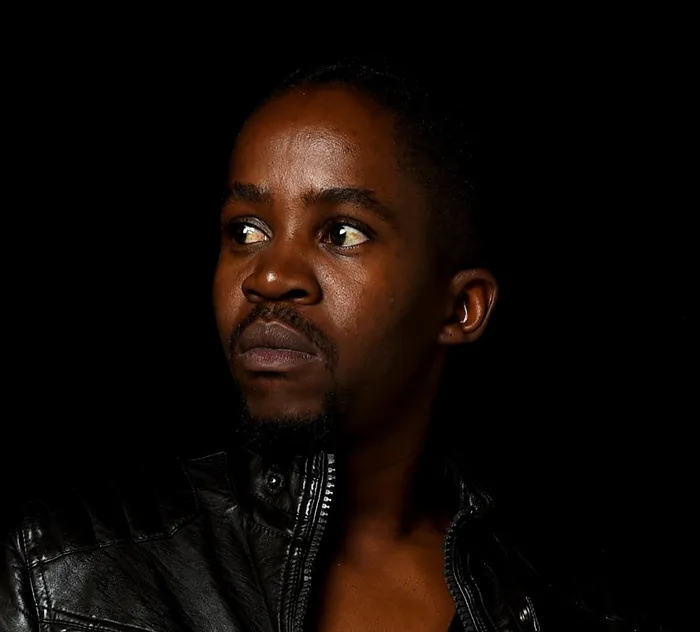Poetic Licence
Murderers confessed and walked free

Rabbie Serumula, author, award-winning poet, journalist. Picture: Nokuthula Mbatha
Image: File Picture
South Africa made a deal with itself in 1994 to trade justice for peace. The South African Truth and Reconciliation Commission (TRC) was a noble idea, but it was also a compromise. Murderers confessed and walked free. Victims told their stories and waited for justice that never came. Some were denied even that. Over 300 cases were referred by the TRC for further investigation and prosecution. Most have gathered dust for two decades. The question isn’t just “Why the delay?” It’s “Who wanted it this way?”
There are no headlines for the forgotten, only the skeletons the state buried and forgot. No monuments for those who disappeared without a trace. No museum walls hold their names. These are the victims of apartheid whose blood soaked into the soil long before the TRC was ever formed; those who were abducted, tortured, and buried in unmarked graves, whose families were left with nothing but silence.
This week, President Cyril Ramaphosa announced a commission of inquiry into the delays in investigating and prosecuting apartheid-era crimes referred by the TRC. It’s long overdue. But even now, the commission itself feels like a reluctant concession, not a moral awakening.
There is no shortage of suspicion. Allegations have long swirled around political interference, a protective shield thrown over apartheid's foot soldiers by a post-apartheid state too scared, or too complicit, to dig up old graves. The ANC, for all its talk of liberation, has questions to answer about how and why justice was so easily deferred. The National Prosecuting Authority must account for its paralysis. And somewhere in the ranks of the old guard, those who pulled the trigger or gave the orders continue to live out quiet retirements, unbothered by the ghosts they created.
Let’s be clear: these are not just cold cases. These are war crimes. These are the stolen lives of activists, children, and ordinary citizens who dared to demand freedom. The Cradock Four. The Pebco Three. Countless others we don’t even know about because their families were too afraid to speak, or because the bodies were never found. The delay in justice isn’t just administrative, it’s political, it’s deliberate, and it’s violent.
If this commission is to mean anything, it must drag the truth into the light. It must name names. It must expose not only the architects of apartheid’s death squads, but also those in democratic South Africa who chose the comfort of forgetting over the discomfort of justice.
We are a nation built on unmarked graves. And until those graves are acknowledged, until justice is not only seen to be done but actually delivered, our democracy will remain haunted. This commission has a chance to exhume not just bones, but accountability. If it fails, it will prove once again that in South Africa, forgetting is not just a flaw. It is policy.
For more political analysis and commentary in vernacular, join the conversation on Rabbie’s YouTube Channel: www.youtube.com/c/RabbieWrote?sub_confirmation=1
Related Topics: